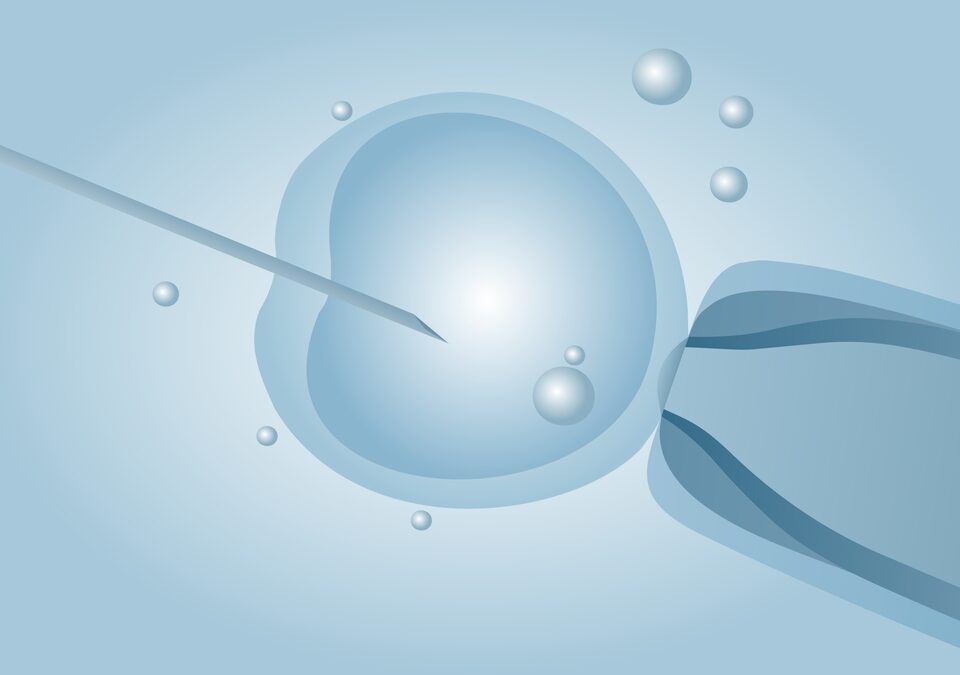Sperm Donation Protocol Questioned
五月 12, 2016Chinese Lesbian Couple Achieves Historical Milestone
五月 24, 2016Every time “human embryo rights” becomes a topic of discussion, it reignites an ethical debate as to whether embryos should be considered persons, property, or should be placed in an “in between” category.
A Missouri bill is aiming to provide legal guidelines to be used in frozen embryo disputes. It’s moving through the state’s legislature right now, having been approved by the Missouri House and awaiting a vote by the Senate.
House Bill 2258 is synonymous with Jalesia McQueen, 44, an immigration attorney who helped write the bill. McQueen started this movement after losing an embryo custody battle with her ex-husband. Although she had twin sons during her marriage, the fate of two embryos created with McQueen’s ex-husband remains in limbo.
Despite McQueen’s best efforts, if the Senate approves the bill, reproductive rights in the state, and perhaps across the nation, could be in jeopardy.
According to Jezebel.com reporter Stassa Edwards, the Missouri Bill is co-sponsored by Missouri Right to Life along with other pro-life activist groups.
The bill mandates that Missouri judges should rule, “…in the manner that provides the best chances for the in vitro human embryo to develop and grow.” Edwards added, “In short, judges would be barred from ordering the destruction of an embryo and embryos would be given to whichever parent/donor wants to either preserve or implant those embryos. The bill has exceptions for child support and allows the court to terminate the parental rights of the opposing donor (meaning, the opposing parent/donor is off the hook both legally and financially).”
When couples divorce, the process includes the division of assets and child custody determinations. In light of advanced third-party reproduction techniques, embryo reconciliation is now part of the equation.
Many voice concerns that embryos should not be viewed as “property.”
Although IVF clinics have their patients sign consent forms, including choices for embryo disposition in the event of a couple’s divorce or death, these contracts have been contested. The court rulings which have followed have varied considerably.
“…many of the contracts have not held up in court; either parents change their mind or judges throw the contracts out, preferring what’s called a ‘balance approach,’ where the judge attempts to weigh the preferences and rights of both individuals. The result is a horde of conflicting case law,” Edwards writes.
While the Missouri bill tries to resolve such conflict, it overlooks as ethical dilemma: whether a person should be forced into biological parenthood against his or her wishes.
“The law essentially attempts to sidestep the ethical and legal questions of compelling another person to be a biological parent against their will, ironically treating the objections of a potential parent as little more than a financial question,” Edwards writes. She added, “More controversially, the bill compels a judge to treat an embryo as a life, effectively positioning personhood at the moment of fertilization.”
As one can imagine, the opposition to this bill has come out in droves. While some may admire McQueen’s passion in “righting” her personal legal matter, if this bill gets sanctioned, it could trigger a ripple effect of repercussions.
In BuzzFeed.com, Azeen Ghorayshi crafted an in-depth article about the bill in tandem with a profile of McQueen. She points out that the bill’s most provocative words are undoubtedly:
“…in the best interest of the in vitro human embryo.”
Ghorayshi interviewed family law attorney, Carla Holsty, about this percolating text.
“There have been reams of decisions from the Supreme Court about what is life,” Holsty tells Buzz Feed. She continues, “This flies in the face of that.”
Well said.



